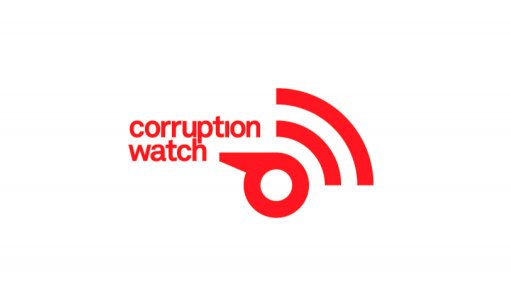
To improve policing transparency in South Africa and enforce accountability, civil rights and anti-corruption group Corruption Watch (CW) on Wednesday launched the “first of its kind in South Africa” interactive open data tool Veza.
CW head of stakeholder relations and campaigns Kavisha Pillay said this was in response to the many whistle-blower complaints received on police corruption. The creation of the online platform was also inspired by CW’s engagements with communities experiencing police violence and abuse.
“The launch of the Veza tool signifies a new era for Corruption Watch as we explore how transparency, big data and accessible technology can be used to combat corruption and advance broader social justice issues,” explained Pillay.
The Veza tool provides national-, provincial- and district-level information, featuring interactive maps of police corruption trends and hotspots, information relating to the public’s rights when encountering the police in various situations, and data on all 1 150 police stations across the country.
It allows users to rate and review police stations based on personal experiences, to compare resources of up to four stations, to commend honest and ethical police officers, and to report incidents of corruption and police misconduct that are immediately geo-located through the tool.
Pillay explained that the Veza tool also provided an opportunity for the South African Police Service (Saps) and other government structures to embrace the concept of open data and public access to information.
She further stated that its use would help to strengthen the role of the public and civil society in calling for change in the Saps, and in reducing the power imbalance that existed between the Saps and members of the public.
She went on to say members of the police service could themselves benefit from the use of the geo-location feature that highlights hotspots of corruption, and gain valuable insight into the allocation and use of resources of their own police stations.
The data used to populate the Veza tool is obtained directly from Saps through the submission of a number of applications under the Promotion of Access to Information Act.
Veza can equip a wide range of people, from researchers, journalists, activists and communities to the public at large, with the knowledge and insight to demand better and more accountable policing.
Institute for Security Studies head of Justice and Violence Prevention Gareth Newham said the tool has great potential to promote and enhance community policing, building community relations with the police at the local level, explaining that one of the big challenges between police community relations, promoting professional policing and ensuring police are transparent and accountable is the lack of information and knowledge.
The Veza tool can be accessed here: www.veza.org.za